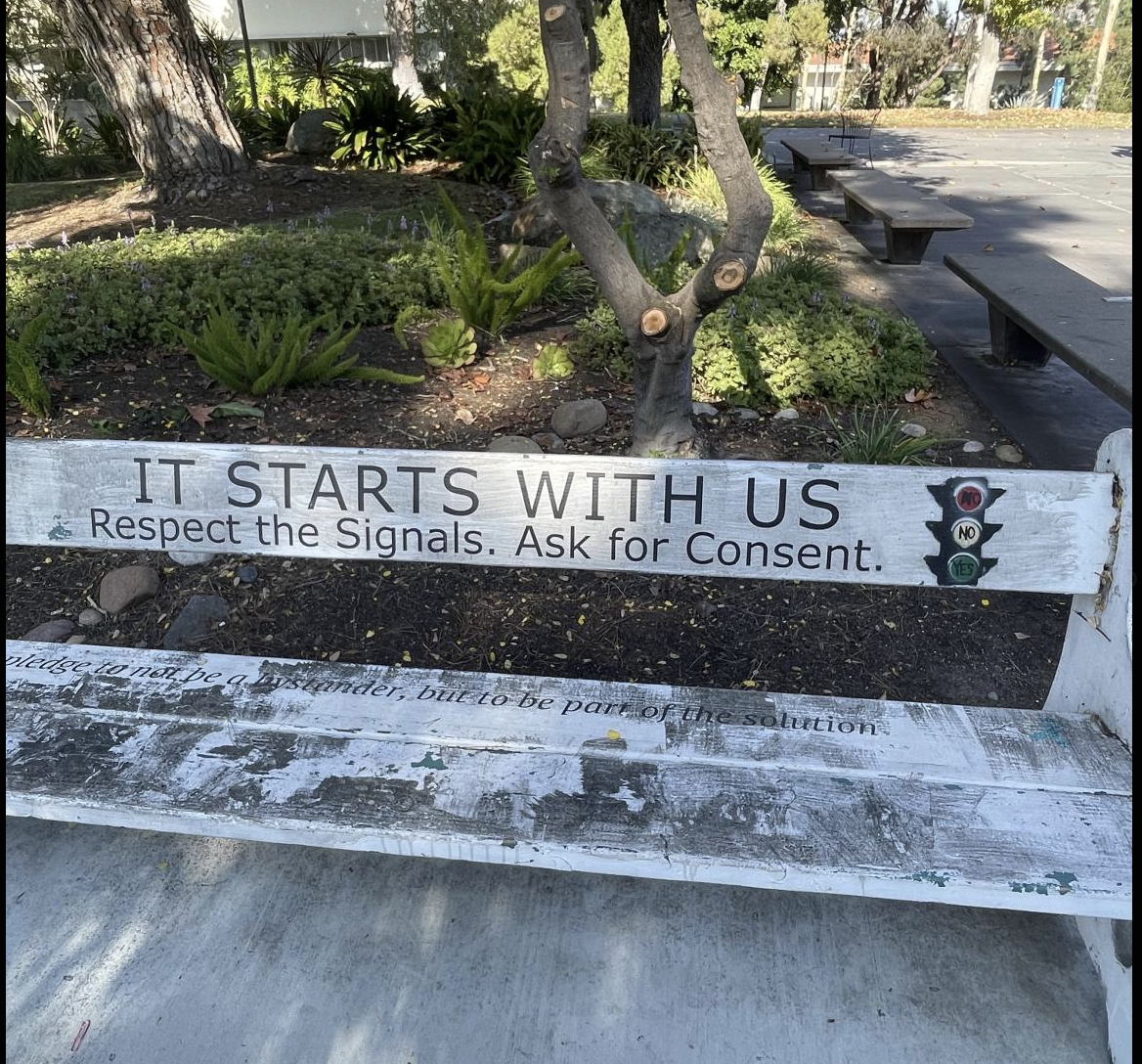
Our democratic process has become a business, where influence is bought and sold like any other commodity. How did we get here? Simple – by letting corporations drown out the voices of citizens.
“It’s our democracy, we bought it, we paid for it, and we’re going to keep it,” Murray Hill Inc., a Washington D.C. company, said. In a striking satirical ploy, Murray Hill Inc. has started a gag campaign to run for Congress in response to last year’s Supreme Court ruling in Citizens United v. Federal Election Commission.
This shocking decision essentially gave corporations the right to unlimited campaign spending in federal elections. According to the justices, corporations are considered “persons” whose right to free speech — including campaign ads — is protected by the First Amendment. As outrageous as it looks, this decision is less than shocking considering the excessive entanglement of corporate and political power.
The connection between government and business needs some serious unraveling. In addition to the massive financial flows between corporate donors and pork-barreling politicians, personnel are exchanged with disturbing frequency. There exists a rotating door between big business and government, Wall Street and Washington, whereby bureaucrats are chosen from the industries they are to oversee and politicians retire from government to a cushy position with the companies they have served in office.
Treasury Secretary Timothy Geithner has been accused of connections to Goldman Sachs, the largest domestic recipient of federal money in the AIG bailout, which he orchestrated. His Chief of Staff Mark Patterson also worked for Goldman Sachs.
Margaret Spelling, former U.S. secretary of education who worked for former President George W. Bush is now the executive vice president of the business group National Chamber Foundation. William Daley, President Barack Obama’s chief of staff, previously worked at JP Morgan Chase. And I’m sure many of you are familiar with former Vice President Dick Cheney’s flip-flops between government and Halliburton, even serving as its CEO. These are only a few examples of the frighteningly common phenomena.
Corporations have also found loopholes for nearly every attempt at regulating their influence on government. They channel money through political action committees and 527s to buy a stake in a politician’s victory. These 527s are tax-exempt, unregulated by the FEC and can fundraise and donate as much as they’d like to freely influence the outcome of elections.
Corporations often even hedge their bets by funding both candidates. It’s time to put down the butter knife and take a machete to corporate entanglement in the election process.
Even after the economic meltdown largely caused by corporate mismanagement and flawed markets, voices in Washington echo those in Wall Street calling for an end to excessive and damaging regulation. Now that takes some nerve.
Average Americans, on the other hand, are beginning to realize the danger of corporate hegemony since the economic collapse exposed shocking cases of corporate greed. Even back in 2000, a Business Week / Harris poll found 82 percent of Americans surveyed thought “business has too much power over too many aspects of our lives.” A more recent ABC News poll found 76 percent of Americans opposed the Citizens United ruling.
Opposition has finally begun to step up to the plate in response to the latest farce. Last week a Vermont state senator introduced a resolution to the state legislature that would amend the U.S. Constitution to explicitly state that corporations are not to be considered persons. Experts believe this resolution is likely to pass in the state house.
The laws of the land are meant to protect the rights of its people, not faceless corporate entities. They are meant to protect democracy, not profit-margins. If a constitutional amendment is what it will take to preserve our democracy, then that’s what we must do.
It is absolutely ridiculous to have to spell out the fundamental differences between a human being and a corporation, but that’s the state of American democracy. Striking down the ridiculous idea of corporate personhood is just the first step in purging corporate pollution from our democratic process. But it is an important one.
Corporations have D.C. firmly in their grasps, so it would seem the state legislatures are our only route to the new amendment. We must all pressure our representatives to put people before money and save our democracy, no matter how it affects their campaign donations for the next election cycle.
—Randy Wilde is an international security and conflict resolution junior.
— The views expressed in this column do not necessarily reflect the opinion of The Daily Aztec.
ADD YOUR VOICE: How do you feel about the current state of democracy in the US? Tell us below.






